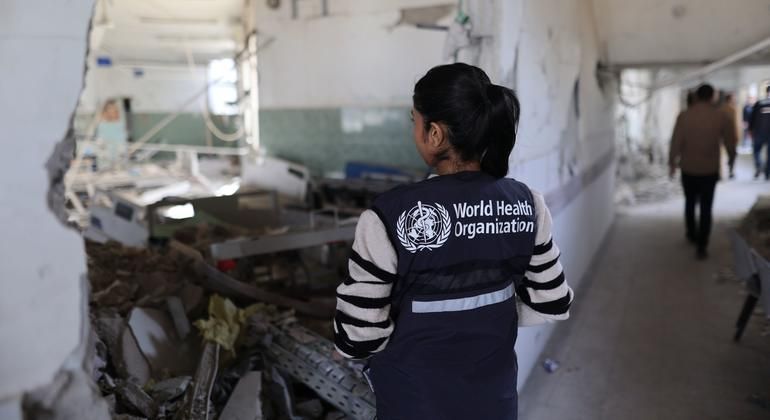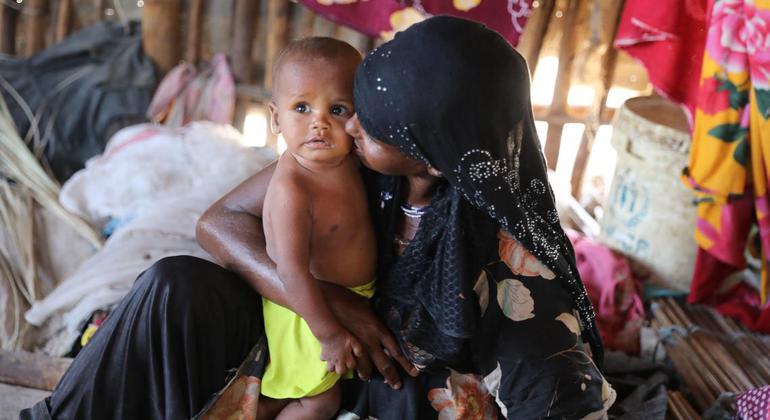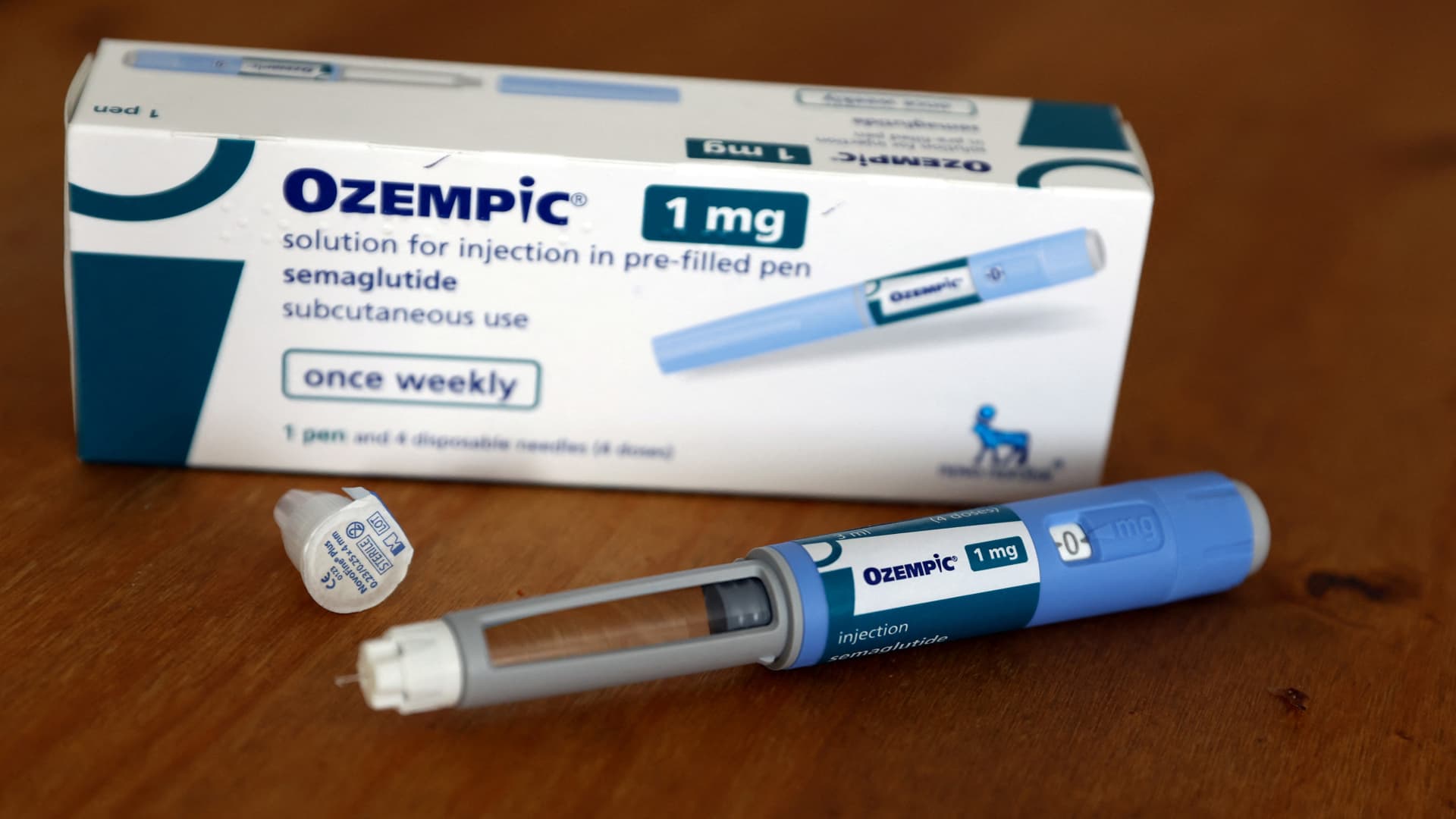Speaking of Gaza, the WHO representative, Rik Peeperkorn, described a scene of generalized destruction, overwhelmed medical facilities and growing mental health needs, since the population in the enclave gradually returns to what remains of their homes after almost 16 Months of conflict.
“Everyone in Gaza is affected … stress, anxiety, depression and loneliness. It is everywhere, ”he said, highlighting the psychological cost of residents and health workers.
Barely operational hospitals
Before the war, Gaza had more than 3,500 hospital beds. Today, only 1,900 remains, and very few intensive care units (ICU) and incubators for newborns, leaving the medical staff fighting to treat critical cases.
Even before the war, mental health services were limited, with only a psychiatric hospital, six community centers and an NGO network that provided support. Now, these facilities are destroyed or not functional.
The situation is particularly worrying in northern Gaza, where there are only two psychiatrists. In addition, only a hospital remains partially functional in the region, and the remaining destroyed or severely damaged.
“Jabalya is like a moor. Destruction … is beyond belief, “he added.
Painfully slow evacuations
Dr. Peeperkorn also declared that the medical evacuations of patients with critical and injured diseases have begun, with 35 to 40 patients transferred daily.
“It is incredibly important that we will accelerate this and accelerate this,” he said, emphasizing that, according to WHO, he estimates, between 12,000 and 14,000 patients should be evacuated from Gaza, including at least 5,000 children.
Among total estimated patients, approximately half suffer from trauma -related injuries, while others need urgent treatment for chronic conditions such as cancer and cardiovascular disease.
Dr. Peeperkorn requested the urgent reopening of additional medical corridors, especially the “traditional reference” of the West Bank and East Jerusalem, where the facilities are ready to receive patients.
The critical infrastructure, including electricity networks, has suffered extensive damage in the gaza strip.
Broader humanitarian situation
Beyond the serious health crisis, the broader humanitarian situation in Gaza remains critical, with severe clean water shortage, essential foods and services.
The UN emergency relief coordinator, Tom Fletcher, visited the enclave on Thursday, while the UN agencies and partners continue to respond to the immense needs, said a UN spokesman.
“In northern Gaza, Mr. Fletcher toured two hospitals, the Shifa in the city of Gaza and the Awda in Jabalya, where he met with patients, staff and management,” said Farhan Haq, UN spokesman, journalists in information about news in New York. .
“Leaving Al Awda hospital, he spoke with survivors and returned in Jabalya who are trying to rebuild their lives in the midst of the rubble.”
Acute shortage
Mr. Haq also reported that water scarcity is still particularly acute. The only operational water well in North Gaza, led by the agency of relief and works of the UN (UNRWA), serves as a crucial life line for drinking water.
However, the generalized destruction of infrastructure has left many residents without reliable access. Humanitarian partners are distributing 2,500 cubic meters of safe drinking water daily, reaching about 411,000 people, but this is still well below real needs.
An associated organization also provides cleaning and sanitation services in 17 displacement sites in northern Gaza, benefiting almost 12,000 displaced people.
“The water, sanitation and hygiene partners are carrying out evaluations in locations through the strip to repair the water wells, install dosing pumps and establish water filling points,” said Haq, and added: “While Some repairs are already underway, additional progress.
Challenges in the West Bank
Meanwhile, in the West Bank, Israeli military operations have intensified in Jenin, Tulkarm and Tubas, severely restricting Palestinian access to essential help, including water, food, medications and baby supplies.
In the Government of Tubas, the Israeli forces have been operating in the refugee field of El Far'a for five consecutive days, said Mr. Haq.
“They have imposed a curfew, according to reports, prohibit residents from leaving their homes. They also dragged damaged roads and water networks, which forced residents to trust rainwater collection. “












